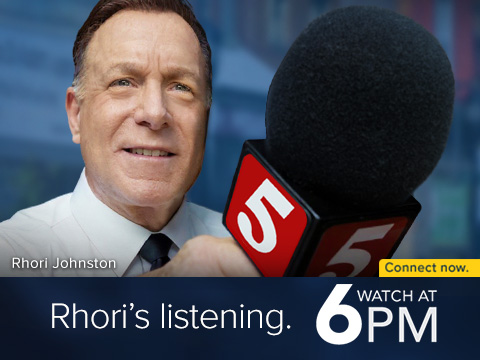The importance of Super Tuesday becomes evident when you look at the history of how it has impacted past presidential elections.
Since 1988, every single candidate who has won the most states on Super Tuesday went on to be their party's nominee.
The term "Super Tuesday" was first used back in 1976 when Jimmy Carter ran against Gerald Ford who had to beat Ronald Reagan in the primaries. Tennessee was not involved in Super Tuesday until 1988.
In 1988, Tennessee and eight other states had the most delegates up for grabs on a single day during primary elections. It’s the year most people say Super Tuesday really started.
Super Tuesday in 2016 has been dubbed the “SEC Primary” due to the amount of states included in voting that participate in the NCAA Southeastern Conference.
The 2016 March 1 primaries include 13 states and the U.S. territory American Samoa, which had 10 delegates at stake.
American Samoa, an island in the Pacific Ocean and more than 6,000 miles away from Tennessee, has citizens that can vote in the primary election, but not in the general election in November.
On Super Tuesday in 2016, there are 1,460 delegates up for grabs, 865 on the Democratic side and 595 on the Republican side.
For those who vote on Super Tuesday, or on any other election day, often they’re given an “I Voted” sticker to show they fulfilled their civic duty and to show they made their voice heard.
Some states have their own stickers specific to voting in their state, while others use more generic stickers.
Tennessee uses both generic stickers, and stickers that are specific for voters in Tennessee.
According to NPR, the stickers first started showing up in 1986, the year Ronald Reagan ran for his second term as President.
While many people love the stickers, they cost 15 cents apiece, according to an election official in California.
Using that number, if a quarter of the Tennessee population voted on Super Tuesday and took a sticker, it would cost the government over $245,000.
Some government officials say while the stickers do cost money, they believe it is worth it in order to spread the word that elections are happening in hopes more people will get out to the polls.




